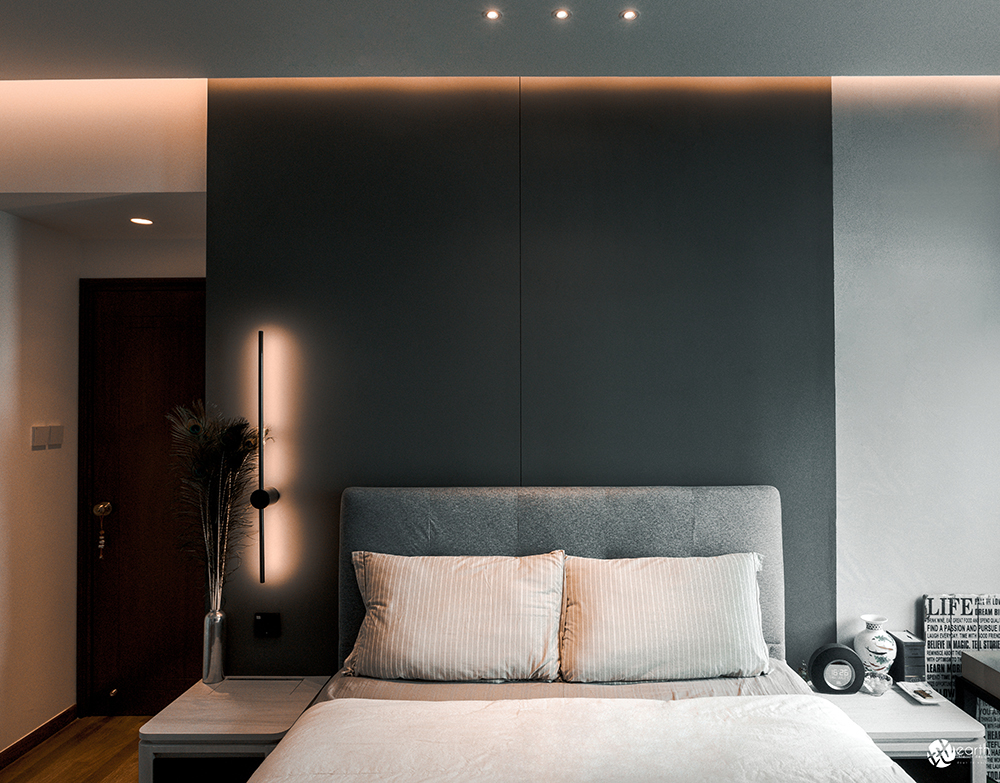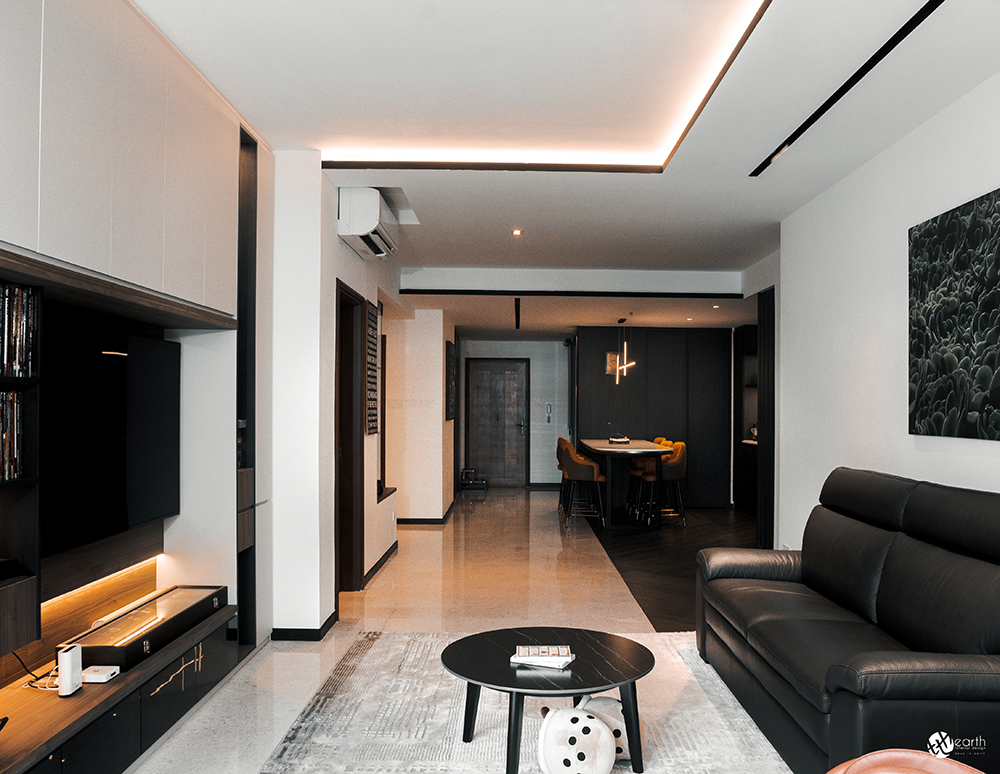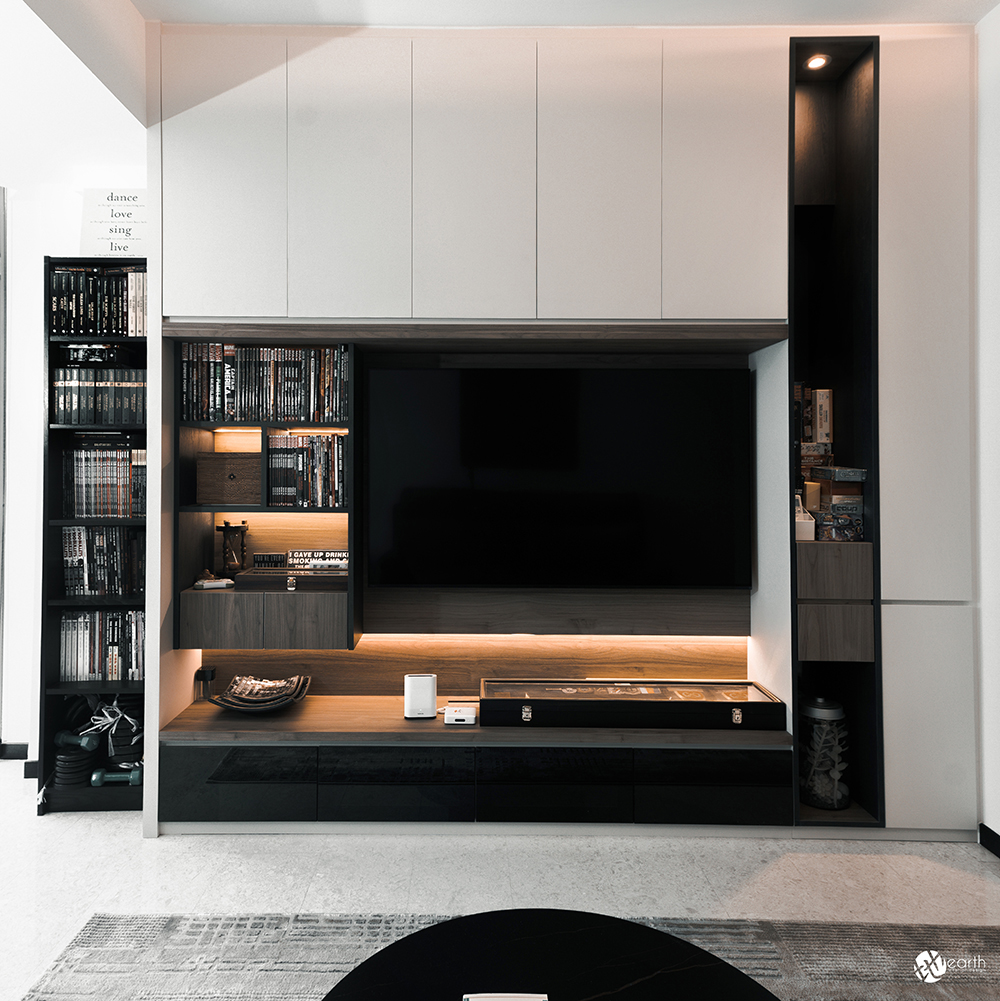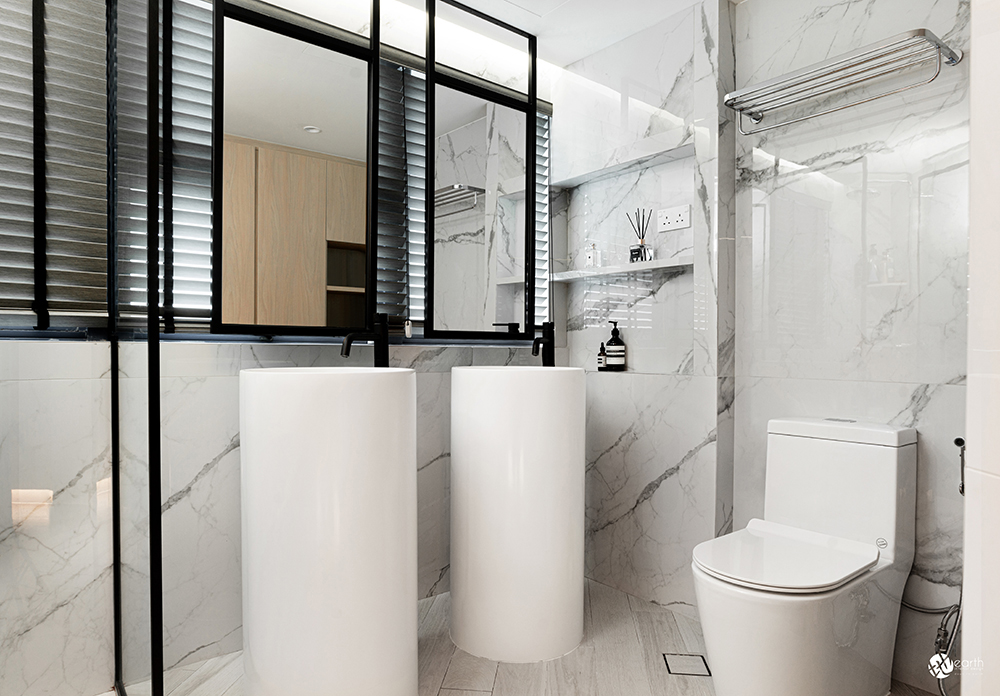Budgeting for a home renovation in Singapore, like any other place, requires careful planning and consideration of various factors. Here’s a step-by-step guide on how to budget for a home renovation in Singapore, along with an estimate cost breakdown:
1. Define Your Renovation Goals:
- Determine the scope of your renovation project. Are you renovating the entire house or just specific rooms?
- Decide on your renovation goals, such as improving aesthetics, functionality, or increasing the property’s value.
2. Set a Realistic Budget:
- Research and determine how much you’re willing to spend on the renovation.
- Consider your financial situation, including savings and available funds, as well as potential sources of financing, such as loans or grants.
3. Create a Detailed Renovation Plan:
- Work with an architect or interior designer to create a detailed renovation plan.
- Include specifications for materials, fixtures, and labor. This will help you get accurate cost estimates.
4. Obtain Multiple Quotes:
- Seek quotes from multiple contractors or renovation companies to get a sense of the market rates.
- Ensure that the contractors are licensed and reputable.
5. Estimate Cost Breakdown:
a. Materials and Fixtures (30-40% of budget):
– Flooring
– Paint
– Tiles
– Cabinets and countertops
– Appliances
– Lighting fixtures
– Plumbing fixtures
– Windows and doors
b. Labor and Professional Fees (40-50% of budget):
– Contractor’s fees
– Architect or designer fees
– Electrician and plumber fees
– Carpentry and installation costs
– Permit fees
c. Contingency Fund (10-20% of budget):
– Set aside a portion of your budget for unexpected expenses or changes in the plan.
d. Miscellaneous Costs (5-10% of budget):
– Cleaning and waste removal
– Temporary housing if needed
– Insurance
6. Factor in Singapore-specific Costs:
- Consider additional expenses specific to Singapore, such as:
- HDB renovation guidelines and permits (if applicable)
- Goods and Services Tax (GST) on renovation services
- Renovation waste disposal fees
- Cost of air conditioning and ventilation due to Singapore’s climate
7. Plan for Eco-friendly Upgrades:
- Singapore encourages eco-friendly renovations through various incentives. Consider energy-efficient appliances and sustainable materials to reduce long-term costs.
8. Review and Adjust the Budget:
- Continuously review your budget as the project progresses. Be prepared for unexpected expenses and make adjustments as necessary.
9. Obtain Necessary Approvals:
- If required, obtain approvals and permits from relevant authorities, such as the Housing and Development Board (HDB) or the Urban Redevelopment Authority (URA).
10. Monitor Progress:
- Keep a close eye on the renovation progress to ensure that costs are in line with the budget.
11. Plan for Finishing Touches:
- Don’t forget to budget for finishing touches such as furniture, decor, and landscaping, which can add to your overall costs.
12. Save for Contingencies:
- Keep a buffer for any post-renovation issues that may arise, such as repairs or adjustments.

Remember that renovation costs can vary widely based on the size and complexity of the project, your choice of materials, and the contractor you hire. It’s essential to have a detailed plan and budget to ensure your renovation project stays on track financially.

